Description
A Critical History of the Mimamsa Philosophy
The Mimamsa philosophy is one of the six orthodox schools (āstika darshanas) of Indian philosophy. It is also referred to as Purva Mimamsa (Prior Inquiry), as it primarily deals with the earlier (ritual) portion of the Vedas. Its primary concern is with Dharma (duty/ritual action) as prescribed by the Vedas. Below is a descriptive and critical historical account of this philosophical tradition:
1. Origin and Purpose of Mimamsa:
-
Mimamsa was founded by the sage Jaimini, who authored the Mimamsa Sutras.
-
Its primary objective is the interpretation and justification of Vedic rituals, especially the karma-kāṇḍa (ritualistic portion).
-
The school emphasizes that Vedic rituals are essential for attaining desired results, and understanding their correct performance is crucial.
-
The Mimamsa tradition defines Dharma as that which is enjoined by the Vedas.
2. Key Texts and Thinkers:
-
Mimamsa Sutra (by Jaimini): The foundational text that outlines rules for interpreting Vedic injunctions.
-
Shabara Bhashya (by Shabara Swami): A comprehensive commentary on Jaimini’s Sutras.
-
Kumarila Bhatta: One of the most influential philosophers in the Mimamsa tradition. He wrote the Tantravarttika, a commentary on Shabara’s work. He strongly defended the authority and eternality of the Vedas.
-
Prabhakara Mishra: A disciple of Kumarila Bhatta who developed his own sub-school of thought. His interpretations are known as the Prabhakara School, while Kumarila’s are called the Bhatta School.
3. Core Philosophical Doctrines:
-
Aporushayatva (Non-human origin of the Vedas): Mimamsa holds that the Vedas are eternal and authorless, hence infallible.
-
Supremacy of Karma (Action): Liberation is not the goal; rather, performing prescribed duties is central.
-
Primacy of Vedic Authority: The Vedas are the ultimate source of knowledge, especially regarding Dharma.
-
Emphasis on Language and Meaning: Mimamsa developed sophisticated theories about the semantics of Vedic texts, especially how injunctions (vidhi) convey meaning.
-
Epistemology: Mimamsa accepts multiple means of knowledge (pramāṇas)—especially perception (pratyakṣa), inference (anumāna), and verbal testimony (śabda).
4. Sub-Schools and Debates:
-
Bhatta School (Kumarila): Emphasizes the objective reality of duty and holds that knowledge is not self-revealing.
-
Prabhakara School: Believes that knowledge is self-luminous and focuses on duty as intrinsic to human consciousness.
-
Differences arise in how the two schools interpret Vedic injunctions, knowledge, and the nature of Dharma.
5. Influence and Criticism:
-
Influence:
-
Mimamsa’s rigorous logical methods influenced other Indian philosophical systems, particularly Nyaya and Vedanta.
-
Its analysis of language, meaning, and action laid the groundwork for later debates in Indian philosophy.
-
Despite being ritual-focused, its logical frameworks were widely respected.
-
-
Criticism:
-
Advaita Vedanta, especially through Adi Shankaracharya, critiqued Mimamsa for ignoring the higher metaphysical reality of Brahman and focusing solely on rituals.
-
It is often viewed as excessively ritualistic and this-worldly, disregarding the inner spiritual journey.
-
6. Legacy and Conclusion:
The Mimamsa school, though not widely practiced today in its original ritualistic form, remains a cornerstone in the philosophy of language, hermeneutics, and epistemology in Indian thought. Its emphasis on duty, discipline, and interpretation of sacred texts reflects a unique intellectual tradition that sought to harmonize ritual precision with ethical order.
In essence, Mimamsa is a philosophy of action grounded in scriptural authority, emphasizing that correct performance of duties ensures the maintenance of cosmic and social order.
मीमांसा दर्शन का विवेचनात्मक इतिहास (Mimansa Darshan ka Vivechnatmak Itihas)
मीमांसा दर्शन भारतीय दर्शन की छह आस्तिक दर्शनों में से एक है, जिसे “पूर्व मीमांसा” भी कहा जाता है। इसका मुख्य उद्देश्य वैदिक कर्मकांडों की व्याख्या करना है। यह दर्शन मूलतः यज्ञ, कर्म और धर्म के स्वरूप पर केन्द्रित है। नीचे मीमांसा दर्शन के विवेचनात्मक इतिहास का विस्तृत विवरण प्रस्तुत किया गया है:
1. मीमांसा दर्शन की उत्पत्ति और उद्देश्य:
-
मीमांसा दर्शन की स्थापना ऋषि जैमिनि ने की थी।
-
इसका मूल ग्रंथ है — “मीमांसा सूत्र”, जिसे जैमिनि ने रचा।
-
इस दर्शन का प्रमुख उद्देश्य है वेदों के कर्मकांड खंड (संहिताओं और ब्राह्मणों) की व्याख्या करना और यह सिद्ध करना कि वेद अपौरुषेय (अमानव कृत) और शाश्वत हैं।
-
“धर्म” की मीमांसा में विशेष चर्चा होती है – यानी वेदों द्वारा निर्दिष्ट कर्तव्यों का अनुशीलन।
2. प्रमुख ग्रंथ और भाष्यकार:
-
मीमांसा सूत्र (जैमिनि): मूल ग्रंथ, जिसमें वैदिक वाक्यों की व्याख्या, यज्ञों की विधियों और उनके प्रयोजनों की विवेचना की गई है।
-
शबर भाष्य (शबरस्वामी): मीमांसा सूत्र पर पहला महत्वपूर्ण भाष्य, जो इसके गूढ़ अर्थों को स्पष्ट करता है।
-
कुमारिल भट्ट: शबर भाष्य पर ‘तान्त्रिक वार्तिक’ नामक ग्रंथ लिखा। इन्होंने वेद की शाश्वतता और अपौरुषेयता को दार्शनिक रूप से सिद्ध किया।
-
प्रभाकर मिश्र: कुमारिल के शिष्य, जिनके विचारों पर आधारित परंपरा “प्रभाकर मत” कहलाती है।
-
कुमारिल भट्ट की परंपरा को “भट्ट मत” कहते हैं।
3. प्रमुख सिद्धांत:
-
अपौरुषेयता का सिद्धांत: वेद किसी मानव द्वारा रचित नहीं हैं, इसलिए वे त्रुटिरहित हैं।
-
धर्म का स्वरूप: वेद में निर्दिष्ट कर्तव्यों का पालन ही धर्म है।
-
कर्मकांड की प्रधानता: मीमांसा वेदान्त की तरह ब्रह्म या आत्मा पर नहीं, बल्कि कर्म पर बल देता है।
-
श्रुति की सर्वोच्चता: मीमांसा में यह माना गया है कि श्रुति (वेद) ही प्रमाण है, और किसी भी तत्वज्ञान या दर्शन से श्रेष्ठ है।
4. मीमांसा के प्रमुख मतभेद:
-
भट्ट मत और प्रभाकर मत के बीच कुछ दार्शनिक मतभेद हैं, विशेष रूप से ज्ञान और कर्तव्य की प्रकृति को लेकर।
-
भट्ट मत: ज्ञान को स्वयंप्रकाश नहीं मानते।
-
प्रभाकर मत: ज्ञान को स्वयंप्रकाश मानते हैं और ‘कर्तव्य’ को ही धर्म मानते हैं।
-
5. मीमांसा दर्शन की आलोचना और प्रभाव:
-
मीमांसा दर्शन को कभी-कभी “अतिवादी कर्मवाद” कहा जाता है, क्योंकि यह केवल कर्म की प्रधानता को स्वीकार करता है।
-
किंतु इसकी तर्कशक्ति, शब्दप्रमाण की विवेचना और विधियों के वर्गीकरण ने भारतीय तर्कशास्त्र और न्याय दर्शन को भी प्रभावित किया।
-
वेदान्त दर्शन ने भी मीमांसा के कई तात्त्विक विश्लेषणों को अपनाया।
-
आदिगुरु शंकराचार्य ने मीमांसा के कुछ विचारों का खंडन करते हुए आत्मा और ब्रह्म की महत्ता को स्थापित किया।





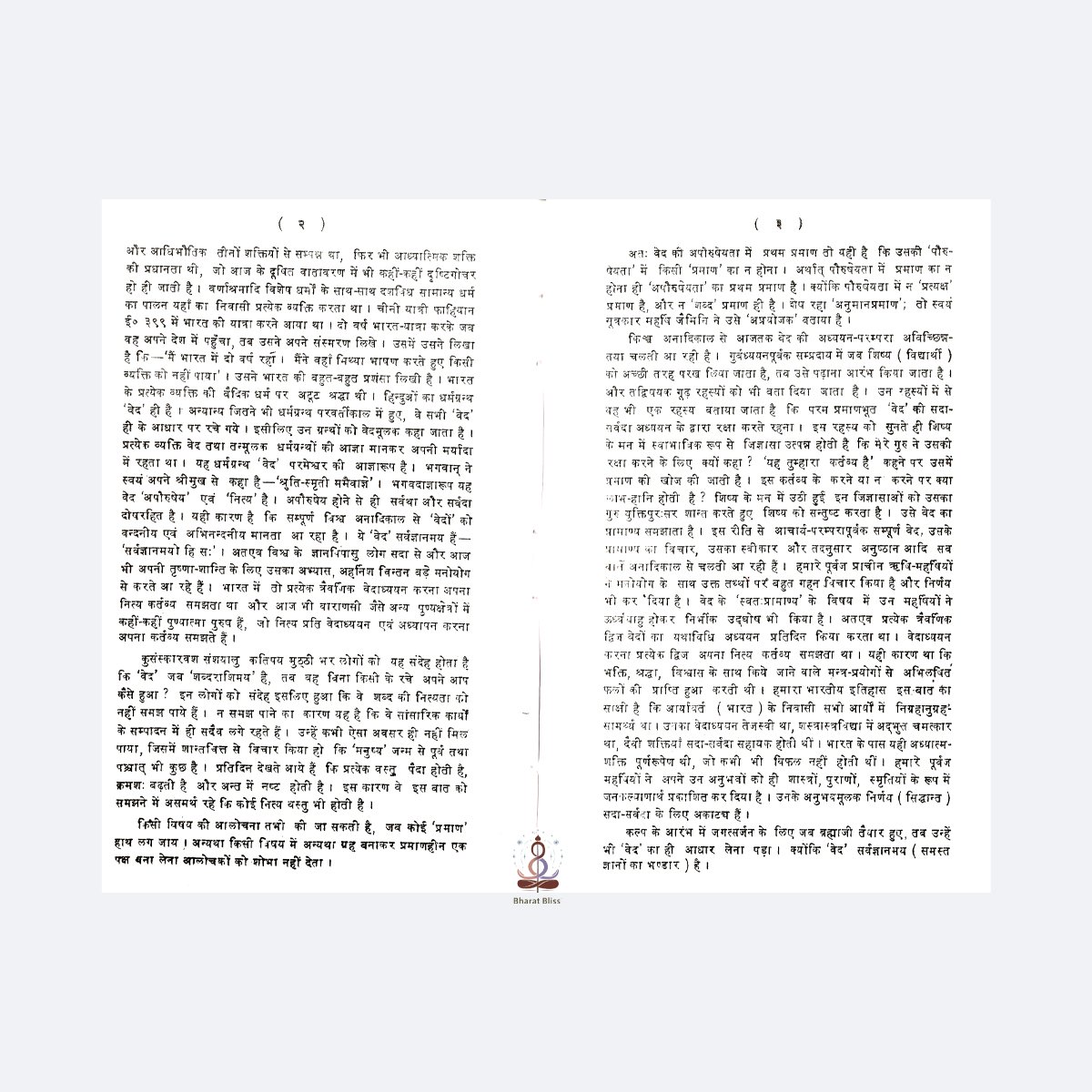
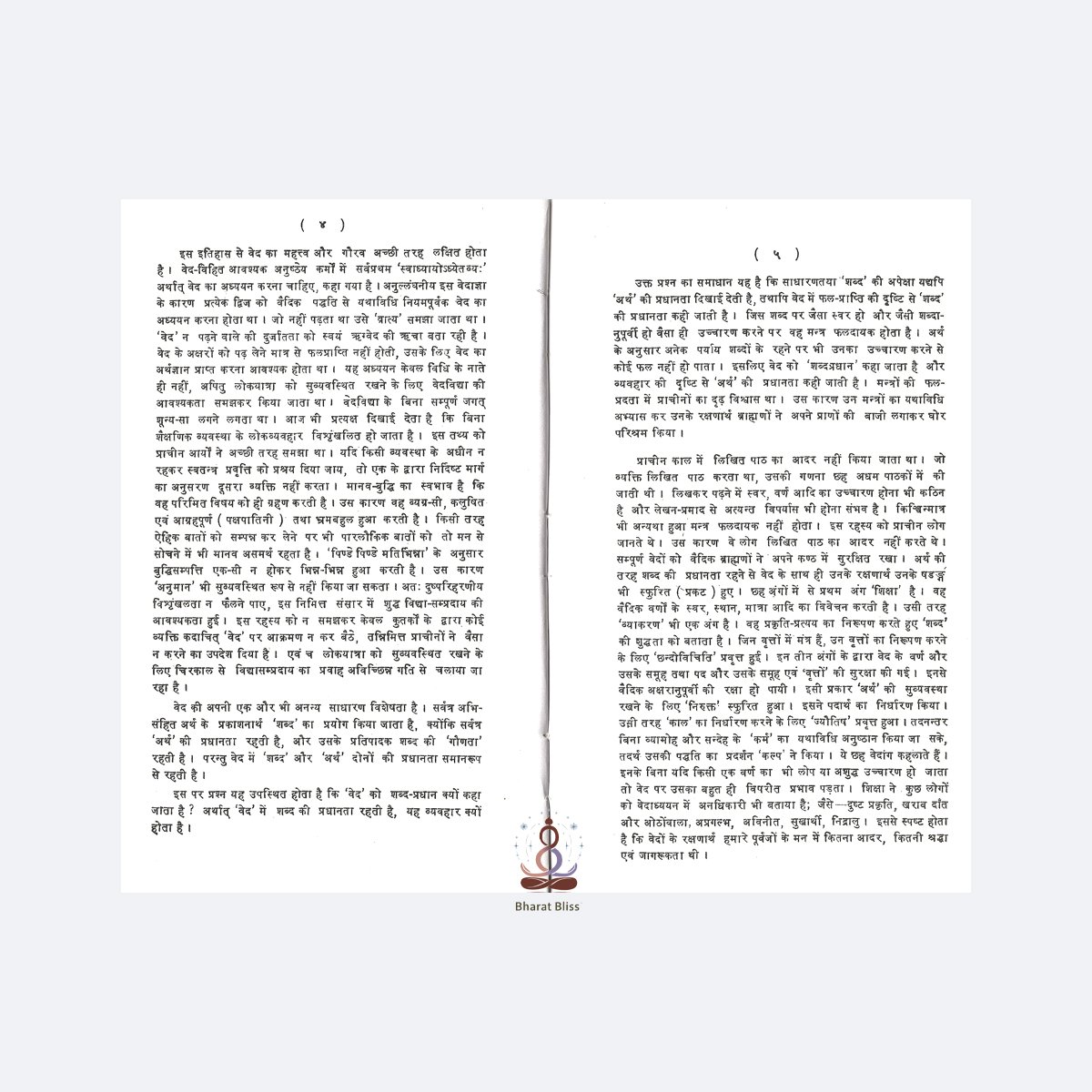
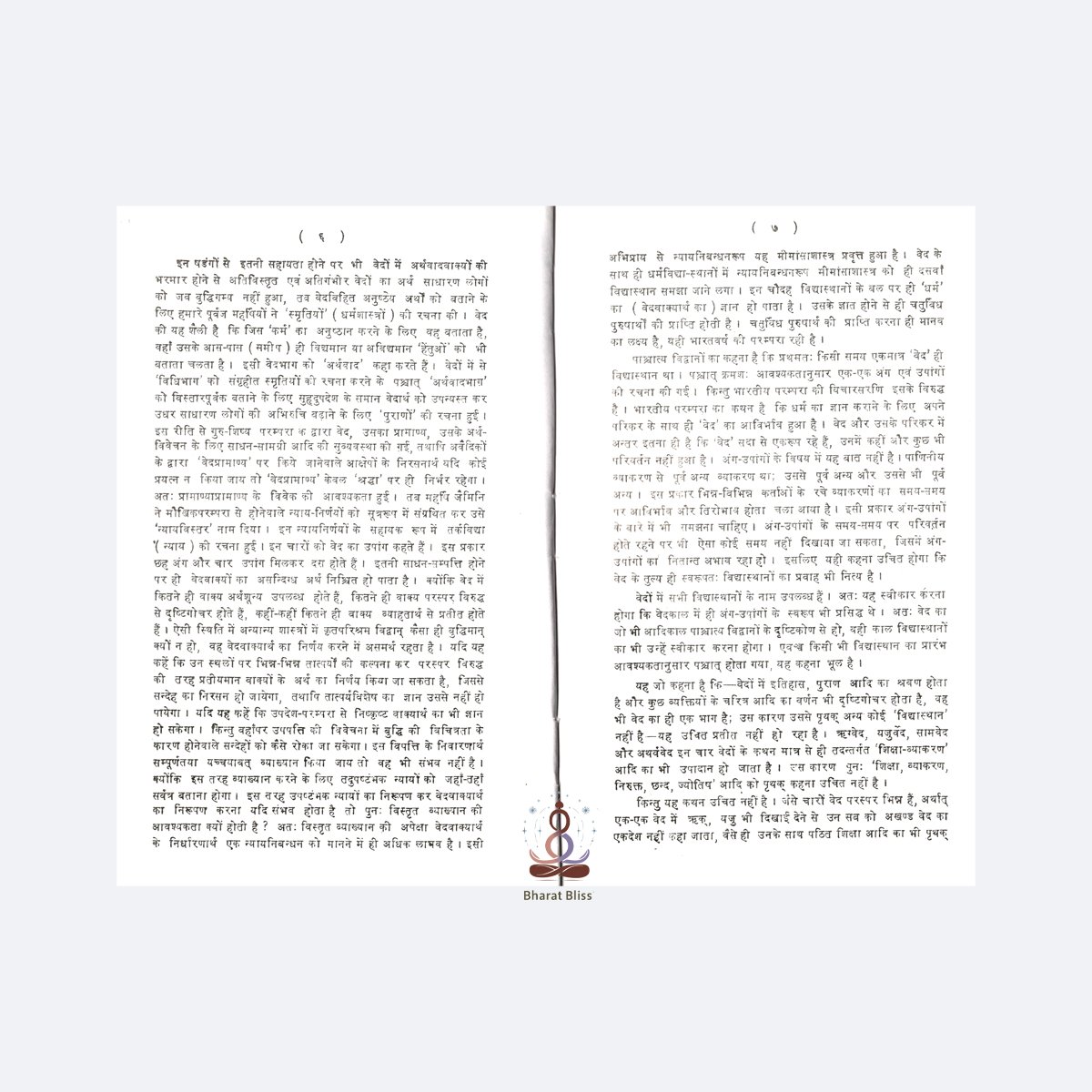

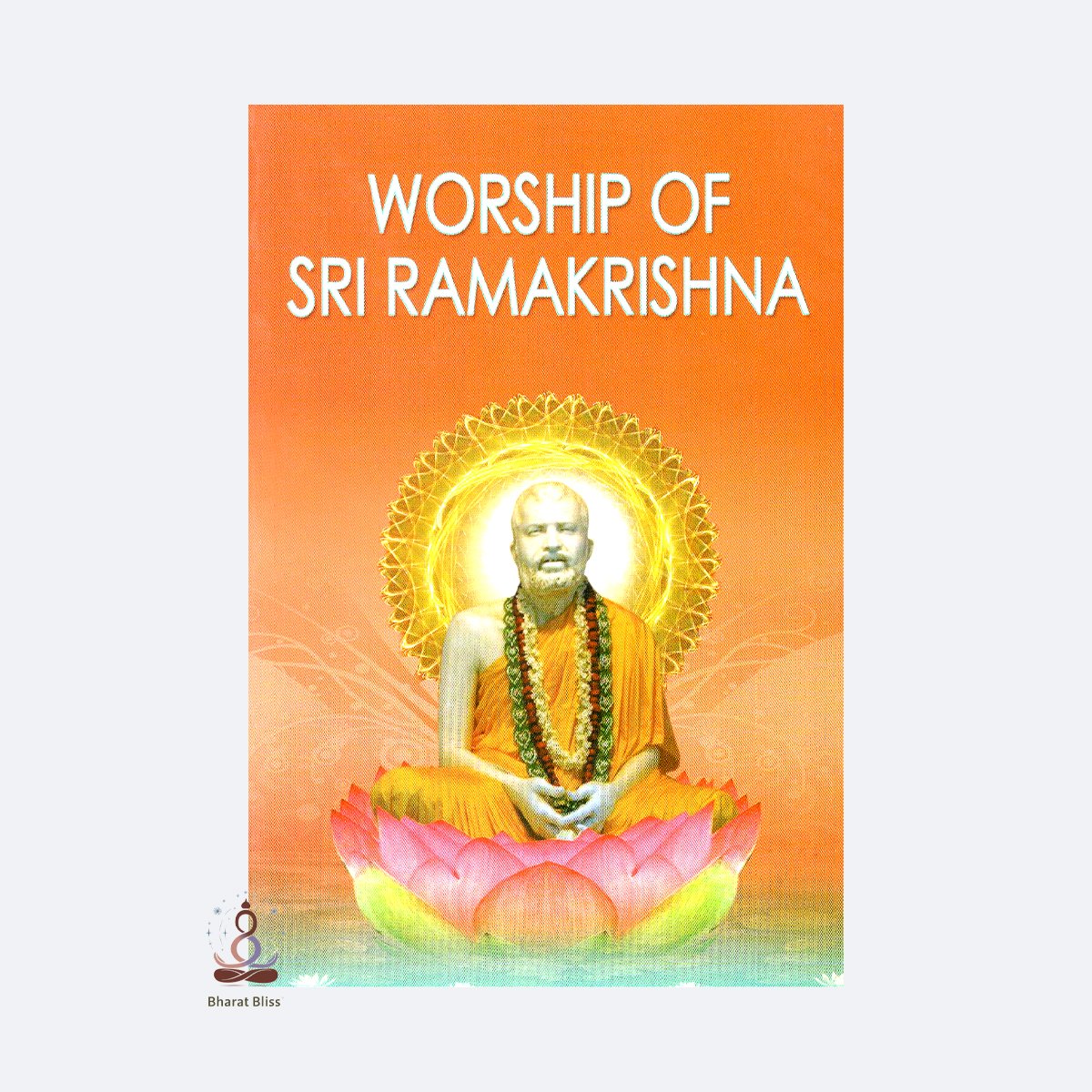
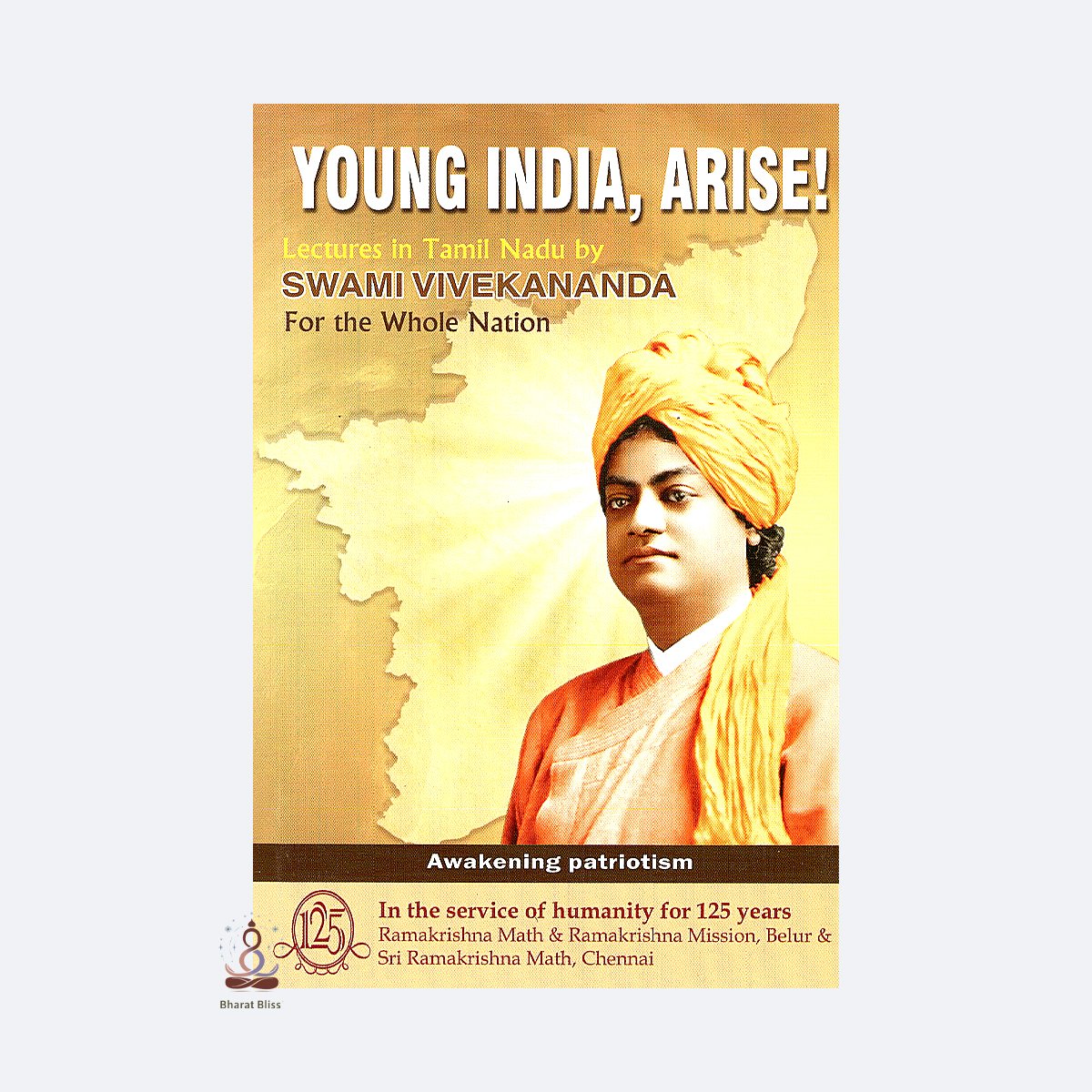


Reviews
There are no reviews yet.